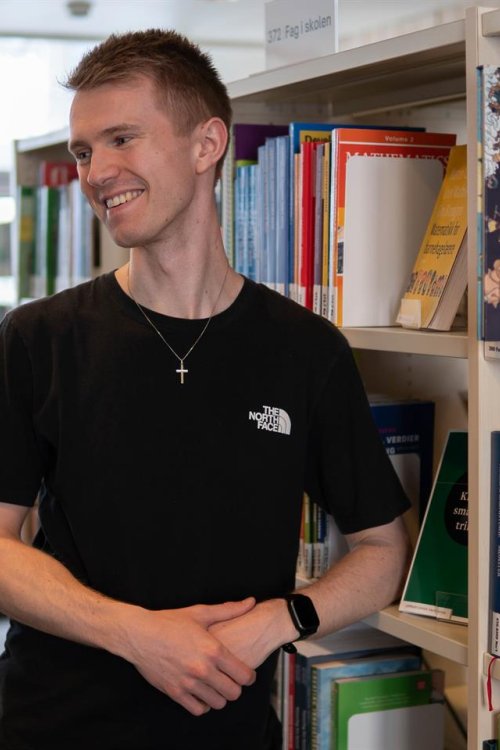Trude Helle, who lives in Bergen and works as a primary school teacher, completed the further education course 'Programming 1-7' last year while working full time. The course gave her 15 credits, and she felt that the course was rich in content and relevant.
– The relevance was undoubtedly high, a score of 6, says Trude, who felt that everything she learned benefited the students. Despite the fact that she had no prior knowledge of programming, she thought the course was structured in a safe and structured way.
A demanding balance with a full-time job
At the same time, the workload was a challenge for a full-time teacher.
– The workplace does not provide any facilitation for studies, beyond exam leave, unless you apply for substitute support or a scholarship scheme via UDIR. You must have an existence that is suitable for this. A big advantage was that the study was fully digital, which made it flexible. However, Helle missed physical meetings and collection-based teaching, and thinks the colloquium groups were little used.
– I like to meet people and discuss things together. A combination of digital and physical arrangements could have been ideal, she says.
More confident in programming in schools
For Helle, it has been a positive experience with the online study that has helped to change her teaching.
– I have continued to teach the students programming, and I probably wouldn't have done that without this study. It made programming harmless for me, and the subject teachers reassured us all the way and were good supporters.
Although she wanted a calmer start, Helle believes that the study has been a good investment and is happy to recommend it to others.
Helle is now starting an experience-based master's degree at NTNU, where the program is collection-based. She looks forward to further professional development.



.jpg)
.jpg)


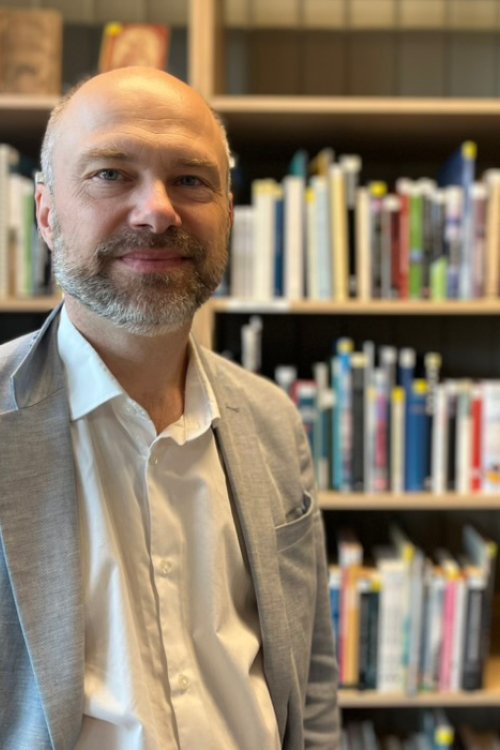
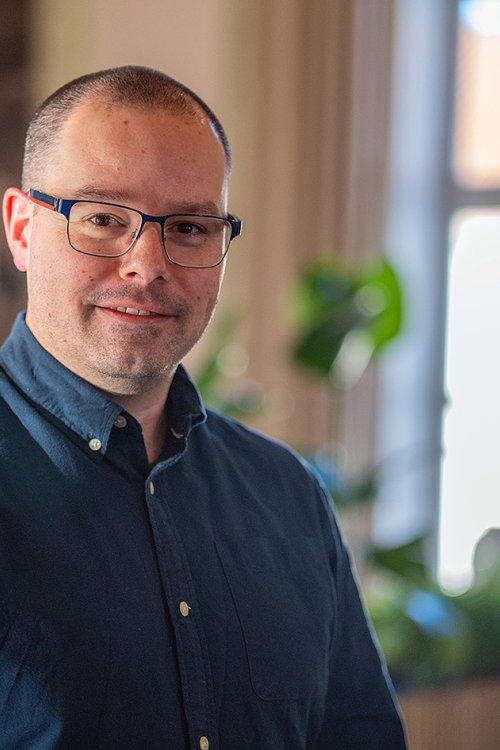
.jpg)

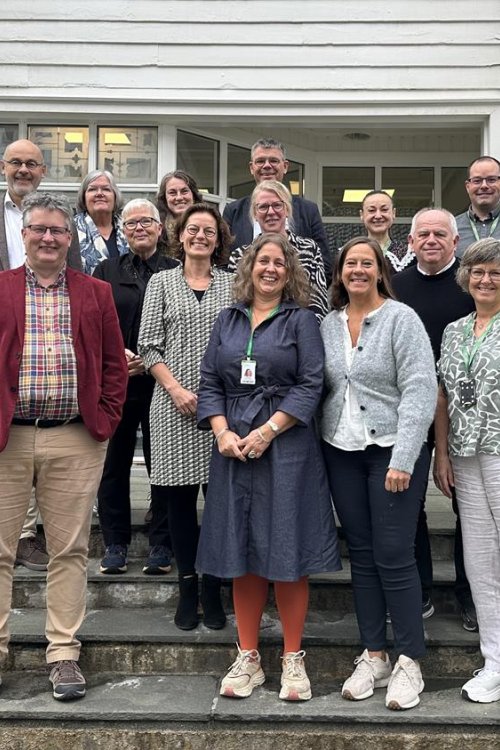


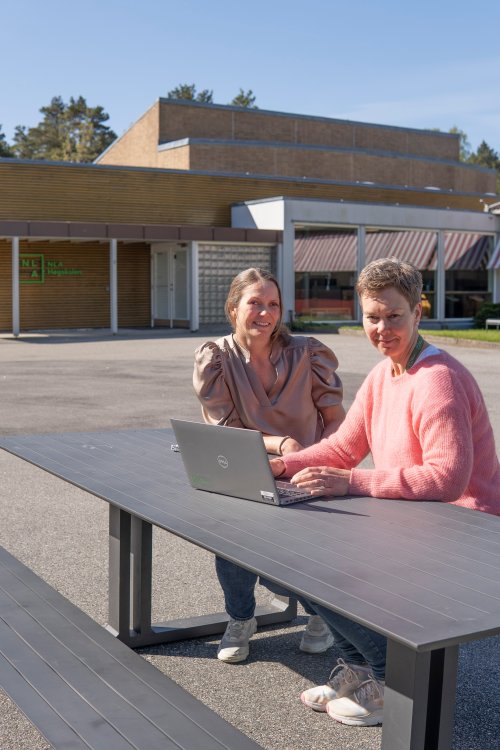






.jpg)
